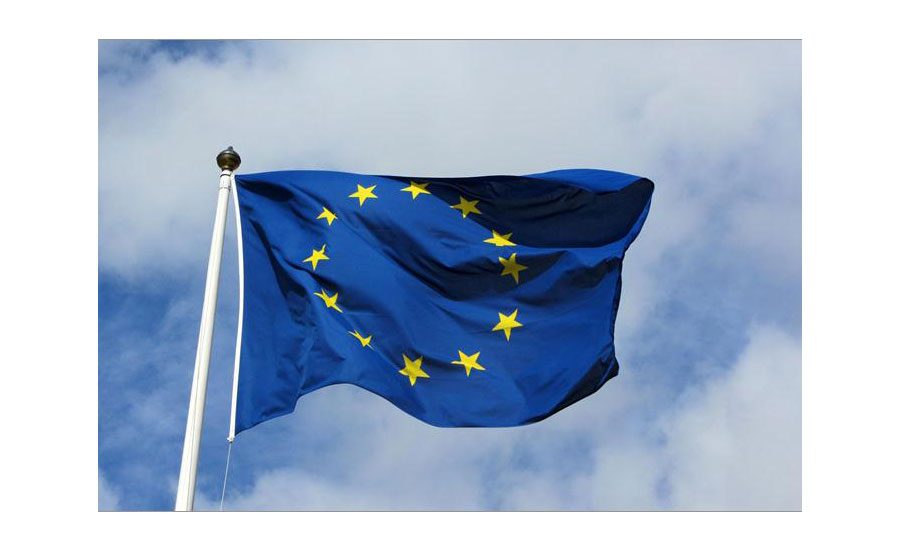The European Partnership for Energy and the Environment (EPEE) hosted event entitled “From HFCs, Heating & Cooling, to Energy Labelling: Europe’s Energy Challenges for 2016 and beyond” brought together representatives from industry, the European Union (EU) institutions, member states, and other stakeholders and provided an informal setting for open debate.
“Today was about coming together to share knowledge and learn how different stakeholders are approaching some crucial energy topics for the heating, cooling, and refrigeration industry,” said EPEE Director General Andrea Voigt.
The event was timed to enable participants to find out more about the latest EU initiatives in the pipeline with regard to heating and cooling and F-gas, as well as the progress achieved to date regarding the Energy Label.
Jacek Truszczynski, energy attaché at the Luxembourg Permanent Representation, began by providing an update on the council discussions regarding the commission’s proposal on the Energy Label, adding that an agreement between EU member states is targeted for the end of 2015.
Participants quizzed Truszczynski on a range of issues included rescaling, explaining how the various scenarios would impact them.
Discussions then moved to heating and cooling, with Serena Pontoglio, policy advisor at DG Energy, European Commission, outlining where the commission stood on its forthcoming strategy and saying it would feed into the revisions of both the Energy Efficiency and Energy Performance of Buildings Directives next year.
Participants were encouraged to contribute to this process, and many took the floor to provide their own views on this subject and offered to provide the commission with some additional facts and figures to feed into the strategy.
Voigt gave an overview of the implementation of the F-gas regulation across Europe.
During this session the commission, in the form of DG Climate Action, responded to questions from the floor concerning, amongst others, the forthcoming Implementing Acts on labeling and certification, and also provided some clarity on some specific issues related to the F-gas regulation.
To end the roundtable, Gudi Alkemade, senior policy advisor for climate and ozone layer protection at the Dutch Ministry of Infrastructure and the Environment, talked about the current efforts to reduce HFCs under the Montreal Protocol and the state of play regarding the discussions.
She ended by calling on EPEE and its members to get more involved and play their part.
“Industry could have a role to influence discussions by making available low-GWP alternatives, working on standards, providing training on alternatives, and addressing barriers for technology uptake which are linked to intellectual property rights and technology transfer.
“These actions would help convince parties that a phasedown is feasible,” she said.
Content for the European Spotlight is provided courtesy of Refrigeration and Air Conditioning Magazine, London. For more information, visit www.racplus.com.
Publication date: 11/9/2015


Report Abusive Comment